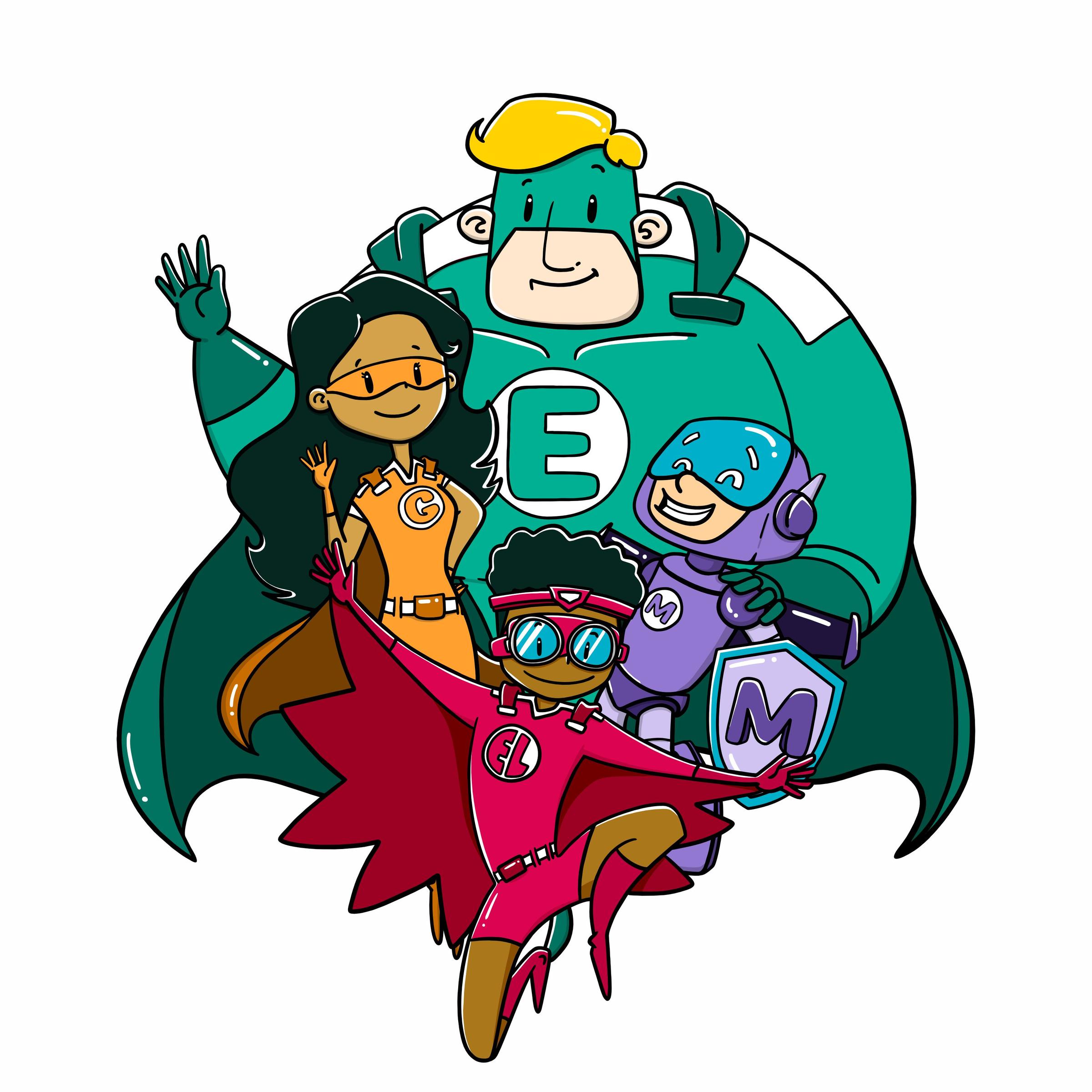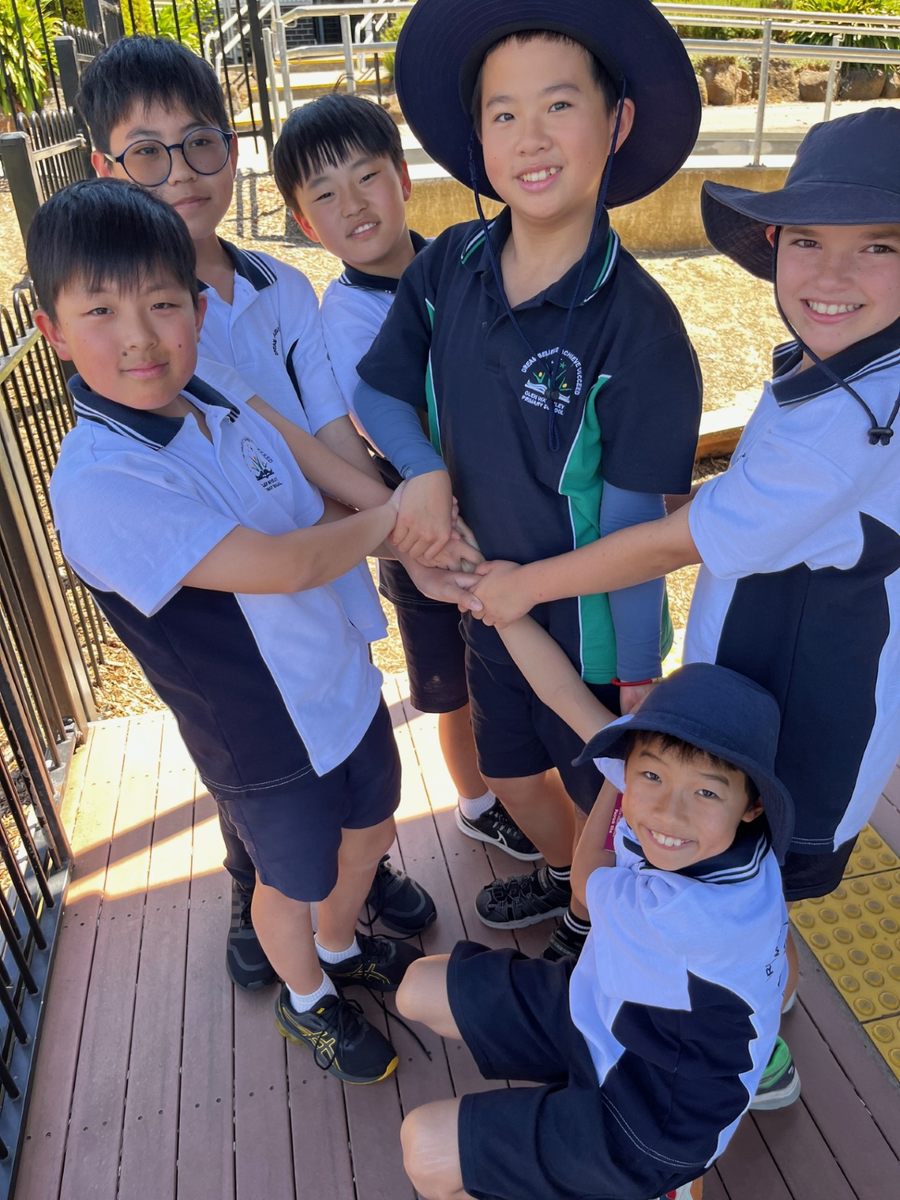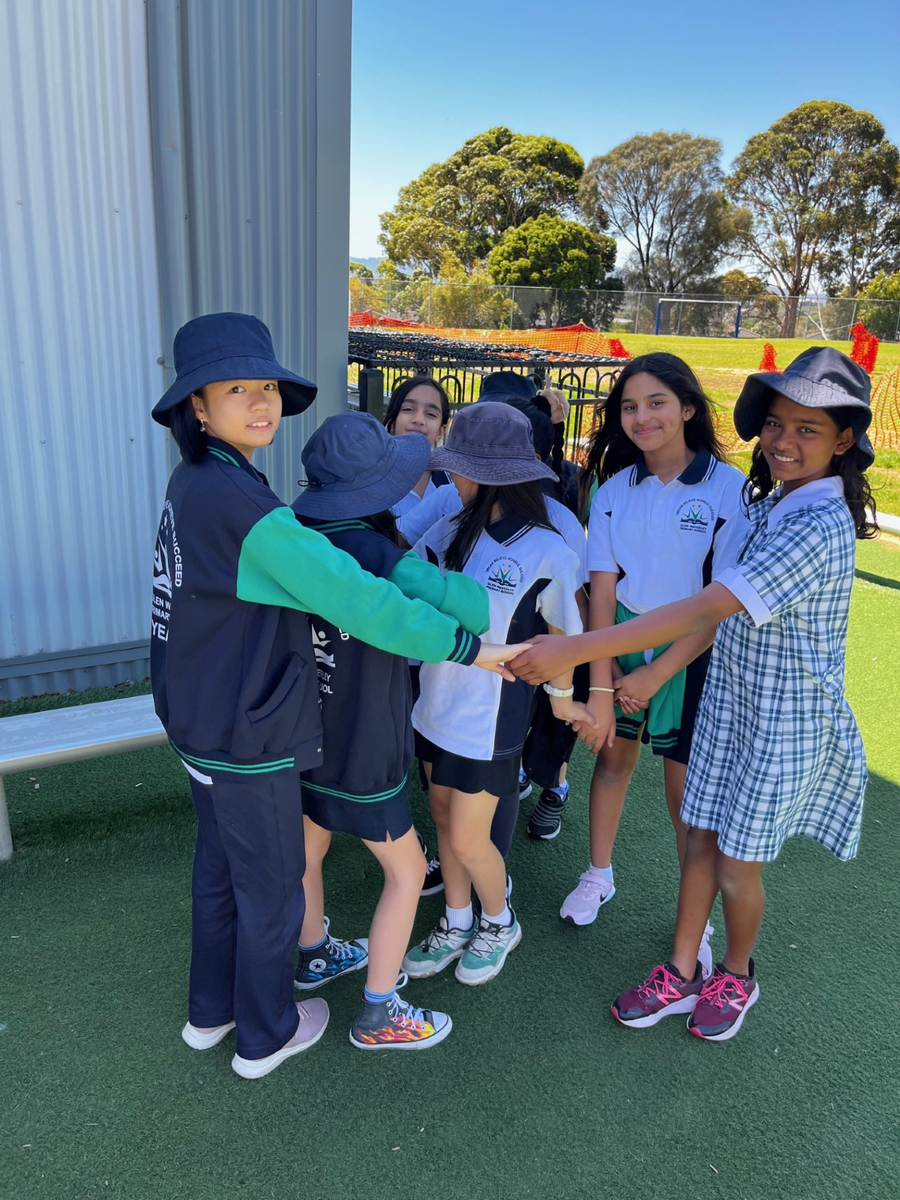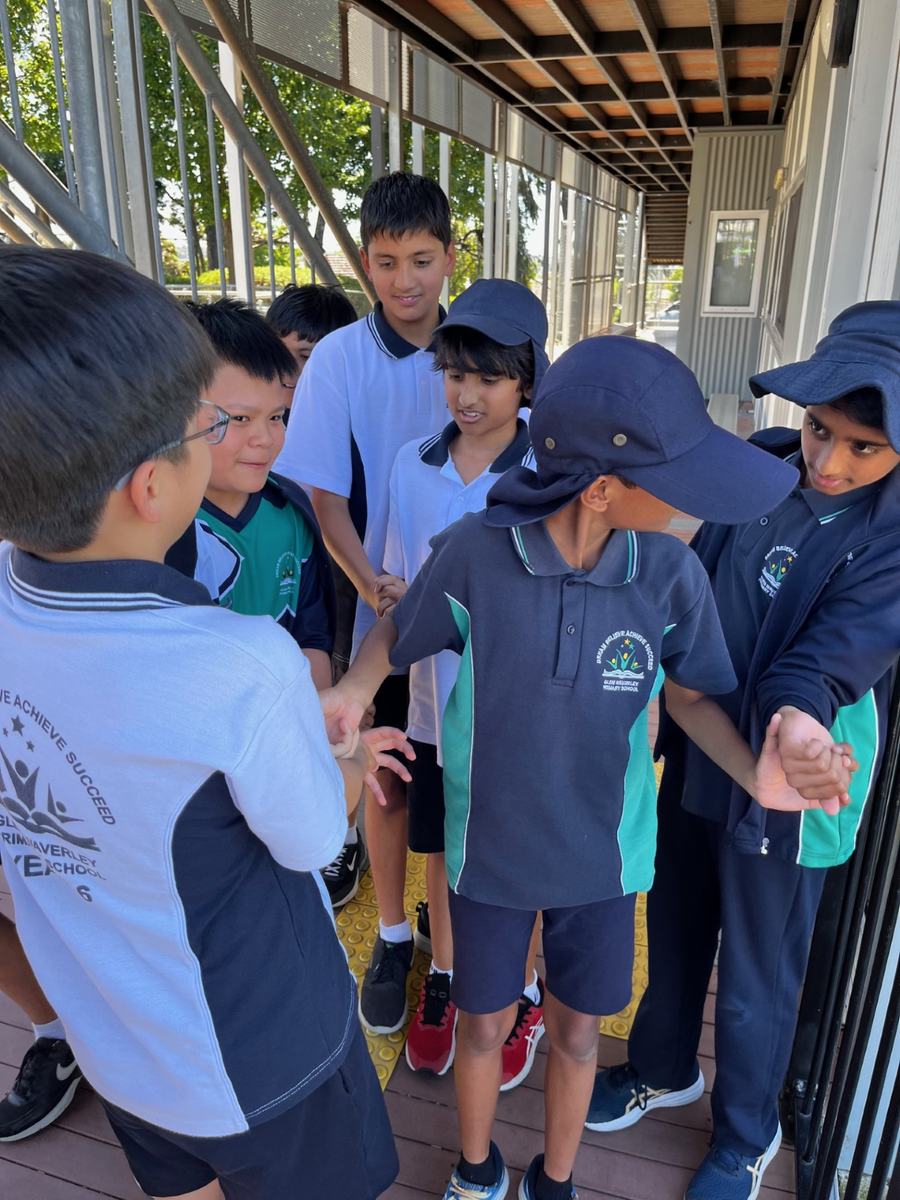The Resilience Project

This year brings an exciting shift to The Resilience Project (TRP), our new whole school approach to social- and emotional-wellbeing learning that will succeed the ‘You can do it’ (YCDI) program. Despite this shift to a new learning program, the purpose of TRP still remains true to our school’s vision of students empowered by positive mental health strategies. Through the program, Level Six students will be developing research-informed habits designed to strengthen their capacity to tackle the challenges and change that come with their wellbeing and upcoming high school transition.
The Resilience Project is founded upon four, key pillars of wellbeing and positive mental health: Gratitude, Empathy, Mindfulness (GEM) and Emotional Literacy. Underpinned by these pillars, a plethora of expertly crafted learning experiences, centred around foci such as, character strengths, positive self-talk and managing social changes, will be integrated into the Level Six wellbeing curriculum this term. There promises to be numerous, rich connections to our Inquiry unit that focuses on sense of belonging and navigating challenging situations!
Furthermore, TRP as a program, encourage students to engage in consistent and routine positive mental health habits. To facilitate this, Level Six and other year levels alike, are implementing daily wellbeing check-ins called ‘GEM chats,’ framed around prompts ranging from, “What is something you are looking forward to tomorrow?” to “How are you feeling right now in this moment? Why?” By incorporating Student Voice and Agency, our vision is for Level Six students to be designing and conducting their own GEM chats and wellbeing practices throughout the year.
Students playing the ‘Human Knot’ game, a team-building body break suggested by The Resilience Project.
If you wish to support your child’s learning in TRP this term, you can:
- Ensure that your child’s schedule outside of school has a healthy balance of academics, exercise and leisure.
- Conduct daily wellbeing check-ins with you child. Ask them what GEM chat prompts they used at school and see how your family would respond.
- As a family, practice some of the brain break and mindfulness activities that your child has learned at school, such as, guided meditation, human knot game and so forth.



